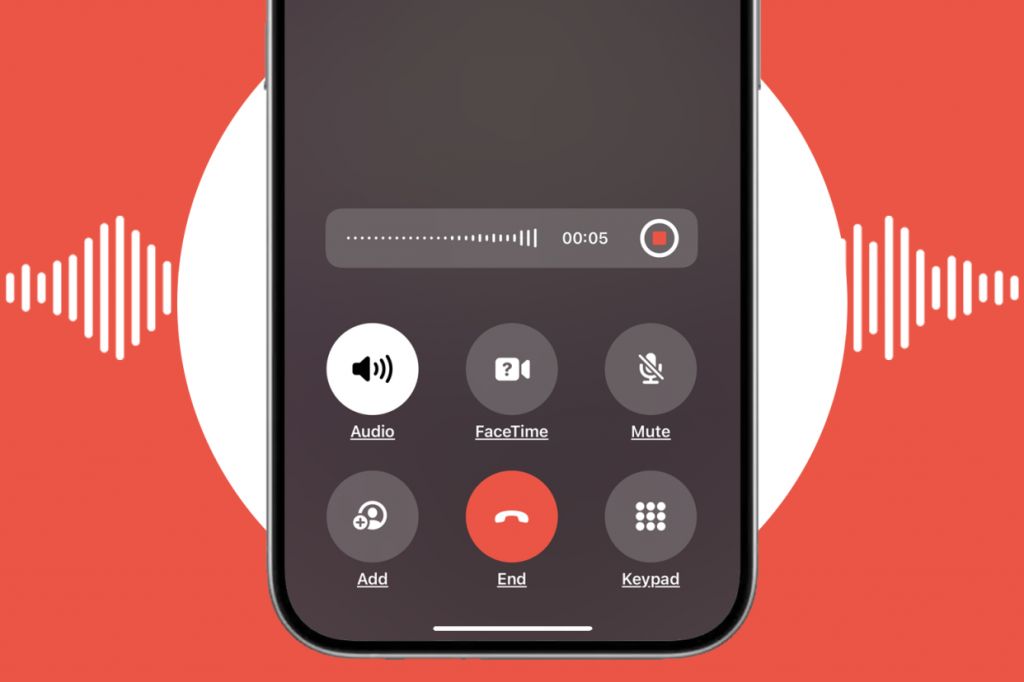
Picture this: You’re on the phone with someone; maybe a business partner, a customer service agent, or even a friend who has a habit of denying things they’ve said. You think, “Let me record this call so I have proof.” But wait—is that even legal in Nigeria?
Recording phone calls has become easier than ever, thanks to smartphones and apps. But just because you can do it doesn’t mean you should, or that it won’t land you in legal trouble. The laws surrounding phone call recordings can be complicated, confusing, and even risky if you’re not careful.
So, can you legally record a phone conversation in Nigeria without the other person knowing? The answer isn’t as simple as ‘yes’ or ‘no.’
The big question: Is it legal?
Nigeria does not have one specific law that directly says, "You cannot record a phone call." However, several laws indirectly cover this issue, particularly those related to privacy, consent, and electronic evidence.
The most important laws to consider are:
The Nigerian Constitution (Section 37): Guarantees the right to privacy, which includes telephone conversations.
The Nigeria Data Protection Act (2023): Regulates how personal data—including recorded calls—is collected and used.
The Cybercrimes (Prohibition, Prevention, etc.) Act (2015): Addresses unauthorized access to communications.
The Evidence Act (2011): Determines whether a recorded conversation can be used in court.
What does this mean for you? Recording a call is not outright illegal, but how you use it can get you into trouble.
One-party vs. two-party consent: How the law works
Countries like the US follow either one-party consent (where only one person on the call needs to know it’s being recorded) or two-party consent (where both people must agree).
In Nigeria, the law is unclear on this. However, based on the right to privacy, recording without consent could be considered an invasion of privacy. So, the safest approach? Assume two-party consent is required.
This means if you want to record a call legally, you should inform the other person before doing so.
When can you record a call without permission?
There are a few situations where recording without informing the other person might be legally justifiable:
For personal record-keeping – If you’re keeping the recording for yourself and not sharing it.
For business purposes (with implied consent) – If both parties know that calls are normally recorded (like in customer service calls).
For legal protection – If you are gathering evidence of harassment, threats, or fraud.
But be careful – Just because you recorded something legally doesn’t mean you can use it however you want.
When recording a call can get you into trouble
If you record a phone call without consent and then:
Share it publicly (e.g., on social media)
Use it to blackmail or threaten someone
Misrepresent the conversation
Use it in court without following the right legal process
You could be sued for breach of privacy, defamation, or cybercrimes. The penalties? Heavy fines or even jail time.
Can a recorded phone call be used in court?
Yes, but only under certain conditions. The Nigerian Evidence Act (2011) states that electronic evidence, including recorded phone calls, must be authenticated before it can be used in court.
This means:
The recording must be original and unedited.
The person presenting the recording must prove that it was obtained legally.
If the other party did not consent, the judge may reject it on privacy grounds.
So, if you plan to record a phone call as evidence in court, consult a lawyer first.